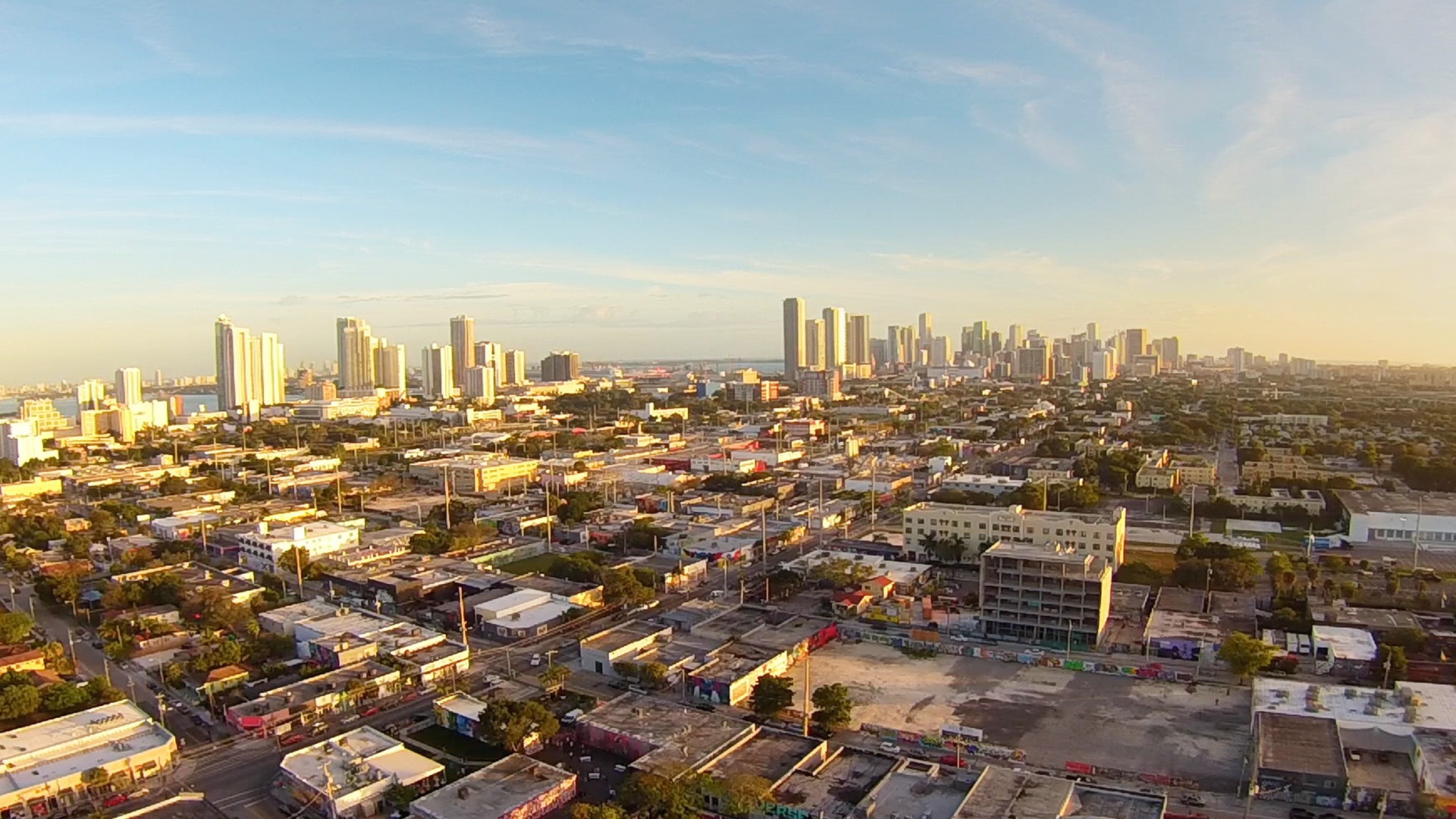Watch some more video on VICE Impact:

After cleaning up the lot, the owner contacted the volunteers and they convinced him and that it would be beneficial to him and the community to allow the space to be used as an organic farm. Now, it's home to a brood of hens and a single rooster that were brought there in 2013. There's also a flock of ducks —hatched in an incubator by one of the volunteers— and one majestic turkey that swaggers around the poultry pen like the queen of the farm.Reis told me that we were standing on the second iteration of the farm. The current farm location is in the Bedford Stuyvesant neighborhood, but the first Bushwick City Farm was on the Bushwick side of the Bushwick-"BedStuy" border. It's retained the name despite the new address. The original location was built in 2008 and lasted for five years until the owner of that lot forced them to vacate so he could develop the land into a high rise. You can actually see the construction of the new building in the distance from their current site— an ominous reminder that history could repeat itself as the community braces for a fight.
New York City Public Advocate Letitia James told VICE Impact that she praised the farm for being an "integral part of this community, providing these healthy food options at no cost.""I'm committed to helping ensure the Bushwick City Farm continues to thrive. Community gardens and green spaces play a critical role in the health of urban communities. In our community, Bushwick City Farm has demonstrated the great impact one organization can have – here, residents come together to take part in responsible food production, engage in educational programming and much more. I remain committed to working with the community and finding the best possible solution that preserves the farm and its incredible programming and services."
Bushwick, and the area that the farm services, is home to public housing projects under the New York City Housing Authority (NYCHA)."Everybody in these projects knows about this because these are our essential needs of nutrition, and it will keep us alive here."
Yvonne Redd, a longtime Bushwick resident and a patron of BCF, said that this farm is what's keeping the neighborhood alive."Everybody in these projects knows about this because these are our essential needs of nutrition," Redd told me. "And it will keep us alive here."Sign this petition if you agree that Bushwick City Farm should be protected and remain a resource for locals in need of fresh produce and a space to participate in community activities safely. For those who live in the area, contact Council Member Robert E. Cornegy Jr. and Brooklyn Borough President Eric Adams and tell them to support putting the farm under the protection of NYC Parks and Recreation Department. If you're interested in starting your own urban farm then get started today.Read more: Activist Movement Exposes Link Between Gentrification and Climate Change
